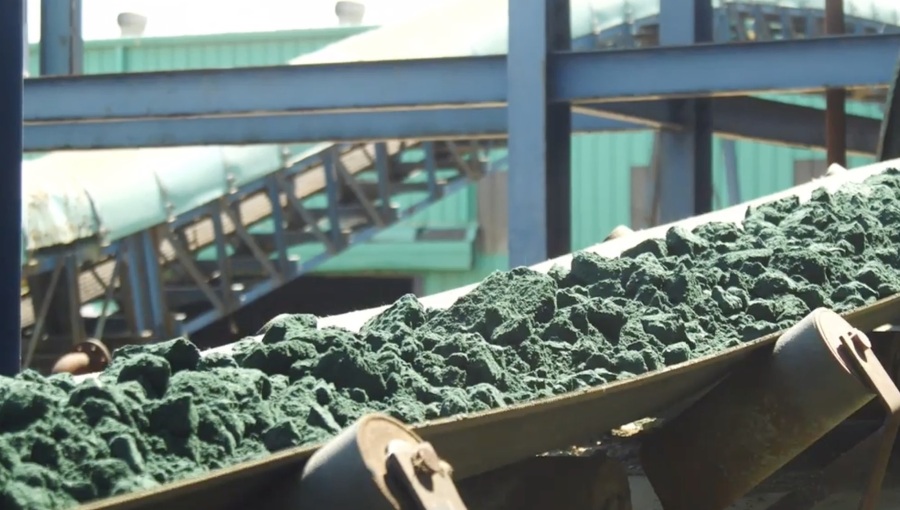This move marks a historic first in the country’s mining history, with the national company, Générale des Carrières et des Mines (Gécamines), now taking charge of copper sales.
Traditionally, the exploitation and sale of copper in the DRC have been dominated by international companies. Among them, Chinese giant CMOC and Canadian firm Ivanhoe Mines have been key players.
However, this dynamic is beginning to shift with Gécamines’ initiative to play a more proactive role in marketing this strategic metal.
Gécamines’ copper primarily originates from the massive Tenke Fungurume mine, where it holds a 20% stake.
This mine, renowned for its extensive production, has attracted the attention of major trading firms such as Glencore, Trafigura, and Mercuria, all of whom have shown interest in Gécamines’ copper offerings.
In 2023, the DRC solidified its position as the world’s second-largest copper producer, with exports nearly tripling since 2016. This remarkable growth has largely been driven by foreign-operated mines.
However, Gécamines’ direct sales signify a paradigm shift, signaling the country’s intent to exert greater control over its natural resources.
Copper plays a crucial role in electricity transmission, making it a key element in global efforts toward cleaner energy.
By assuming control over its copper marketing, the DRC not only strengthens its position in the international market but actively participates in the global shift toward ecological sustainability.
Thus, this inaugural copper sale by Gécamines, expected to introduce approximately 90,000 tonnes of this highly sought-after metal to the market, could herald a new era for the Congolese mining sector.
This step not only enhances economic sovereignty but also positions the DRC as a pivotal player in shaping the future of global resource management amid environmental imperatives.




